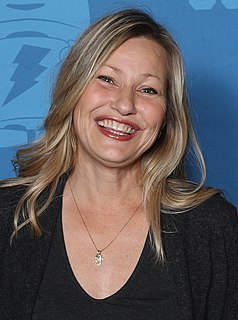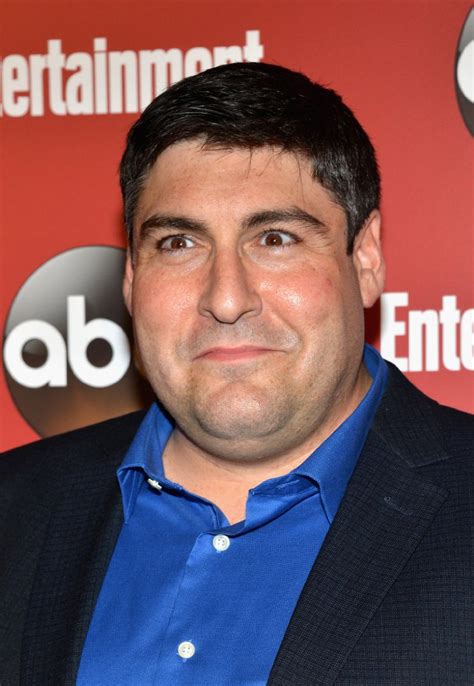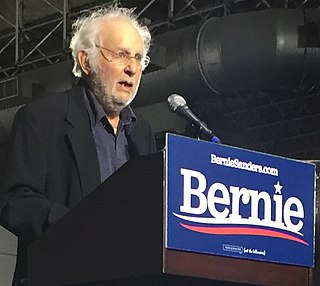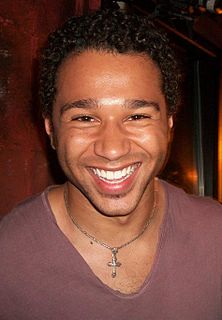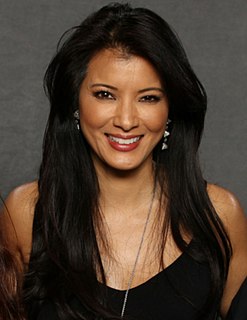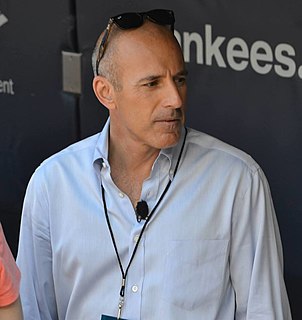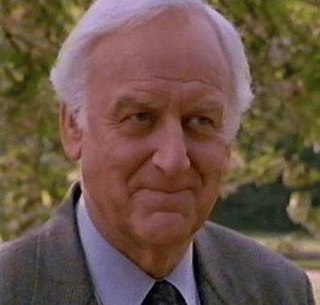A Quote by Joey Lauren Adams
No one was jumping up and saying, 'Yeah, let me give you money.' I had never held a camera in my hand - a home video camera, nothing. I had not directed.
Related Quotes
The only interaction I had with my brothers is like negative attention where I'd basically egg them on into beating me up - which was delightful! Otherwise, it was me with a video camera jumping on a bed pretending to be the Ultimate Warrior or setting up my robots making a Transformers movie because I was a lonely kid.
You get some directors, and I can never understand it - there's a thing they call the 'video village' where all the monitors are, and you've probably seen it on set visits - I hate that! I never, ever like sitting in video village. I get either my own monitor or a hand held monitor, and I stand right by the camera.
My earliest memories are of my brother, pointing the home video camera at me and saying, "C'mon, Ange, give us a show!" Neither of my parents ever said, "Be quiet! Stop talking!" I remember my father looking me in the eye and asking, "What are you thinking? What are you feeling?" That's what I do in my job now - I say. "OK, how do I feel about this?" And I immediately know, because that's how I grew up.
Being in front of the camera - first of all, when I wanted to get into television, it was as a producer. I never had an idea that I would do anything in front of the camera, and that kind of happened by accident. But I wanted to be a producer or give me a job with the Yankees or play for the Knicks. I was a sports nut when I was a kid.
Back in 2007, I met this white guy [director Peter Byck] with a lot of hair and a video camera, at a conference that I happened to be attending for the launch of an organization called Blacks in Green. I had never heard of him and Peter had never heard of me. We just started talking; he liked what I had to say, so he asked me if I'd be willing to be in this documentary he was doing about carbon pollution. I said, "Sure!" It was kind of a no-brainer.
